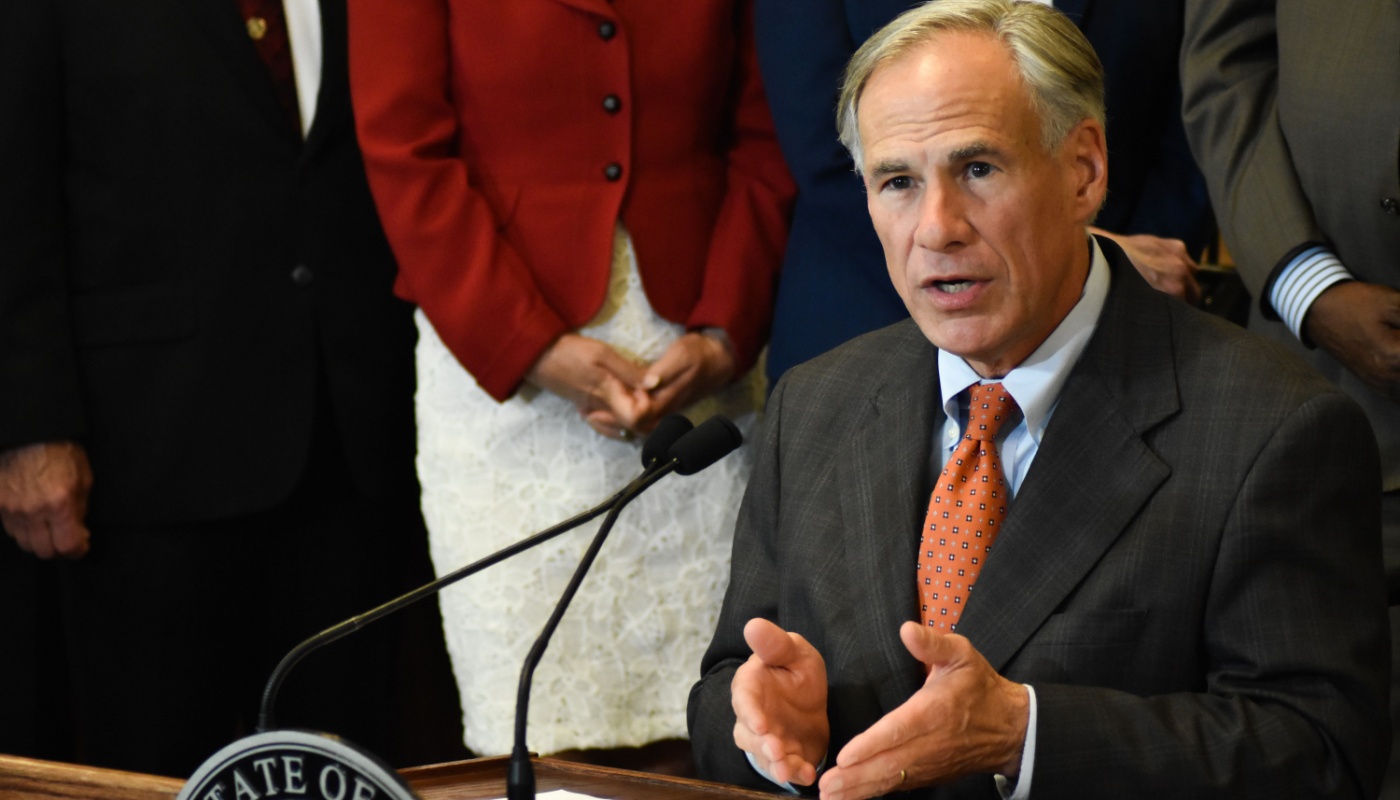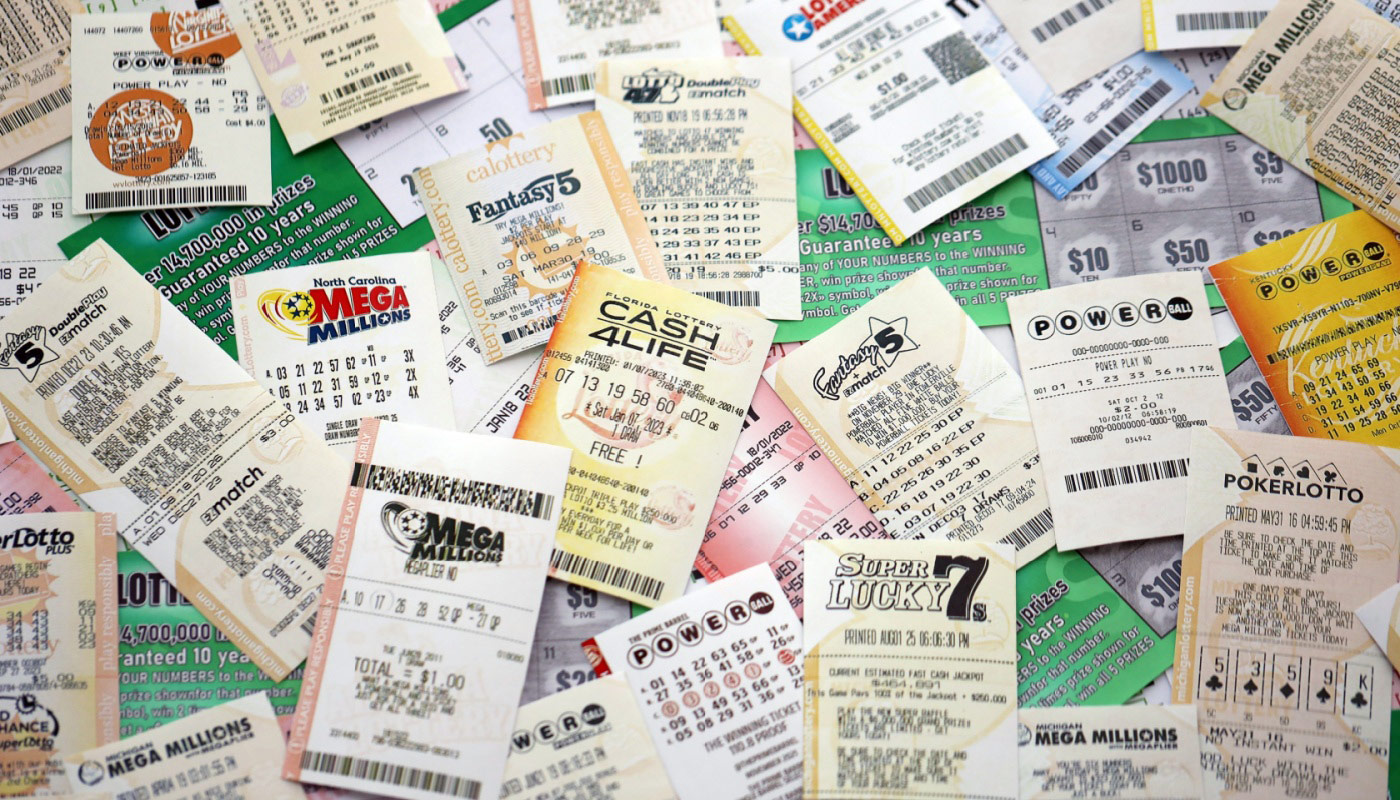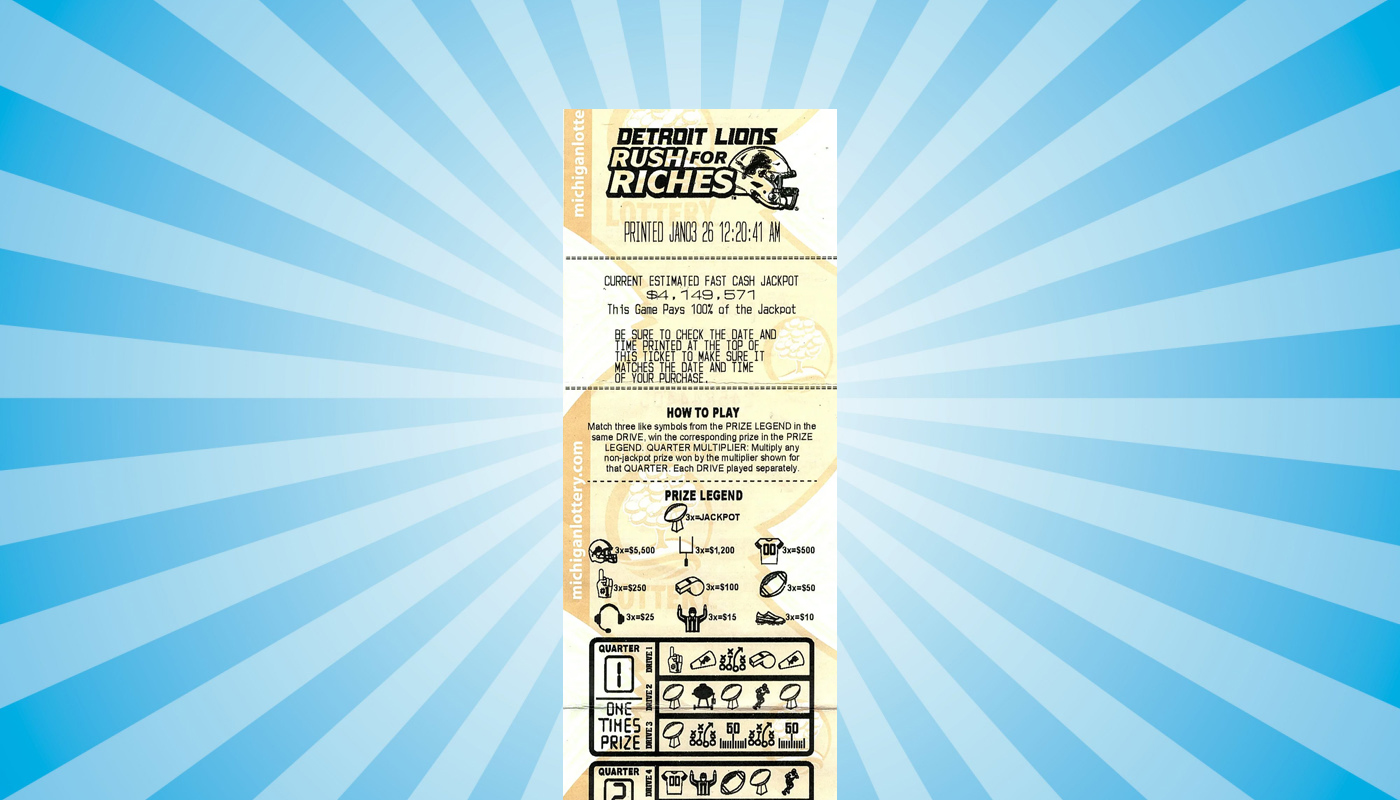
News writer
Texas Lottery players will soon see big changes to how, and potentially if, they can play. Texas Gov. Greg Abbott recently signed a sweeping bill into law that eliminates the Texas Lottery Commission, restricts how tickets can be purchased, and introduces the possibility that the entire lottery system could shut down by 2029.
The new law ends online sales and shuts down the TLC
The law, which goes into effect September 1, abolishes the Texas Lottery Commission (TLC) and transfers oversight of the lottery to the Texas Commission of Licensing and Regulation. Along with the restructuring, the law prohibits the sale of lottery tickets online or through third-party mobile apps known as lottery couriers.
That means Texans who want to play lottery games like Powerball, Mega Millions, or Lotto Texas will now have to visit a licensed in-person lottery retailer to buy tickets. Any effort to buy or sell tickets on behalf of another person is now banned under the law.
Lottery courier controversies sparked legislative action
The changes follow a string of controversies involving lottery courier services and alleged prize disputes. In February, former Texas Lottery Executive Director Ryan Mindell called for a statewide ban on all courier use following investigations launched by Gov. Abbott into two disputed lottery wins.
One of the cases involved a woman who said she purchased a winning ticket through a courier service and later sued the Texas Lottery Commission, claiming she was unfairly denied her prize. The lawsuit is still pending, and the commission declined to comment.
Mindell later resigned from his role, but the incident helped accelerate legislative efforts to rein in how the lottery is managed.
What are lottery couriers, and why are they banned?
Lottery courier services operate by accepting lottery ticket orders from players online and then purchasing the tickets from a licensed retailer on their behalf, typically charging a fee for the service.
Supporters say the services increase accessibility, especially for players who cannot easily get to retail stores. But critics, including lawmakers and state regulators, argue they pose serious risks to lottery integrity.
Under the new law, anyone found purchasing or selling lottery tickets on behalf of another person could face a Class A misdemeanor, punishable by up to a $4,000 fine or one year in jail.
Texas Lottery could be abolished by 2029
Perhaps the most significant clause in the bill is one that puts the entire future of the Texas Lottery on the line. The law requires the Sunset Advisory Commission, which periodically reviews the performance of state agencies, to assess whether the lottery should continue beyond August 31, 2029.
According to the law, the commission will evaluate whether the Texas Commission of Licensing and Regulation has “sufficient tools, programs, and procedures” to maintain the lottery's integrity. If the commission determines the program should not continue, the Texas Lottery will officially be abolished on September 1, 2029.
Until then, lottery fans in Texas can still play, but only in person and with far fewer digital conveniences than before. Enjoy playing the Texas Lottery, and please remember to play responsibly.


















Comments